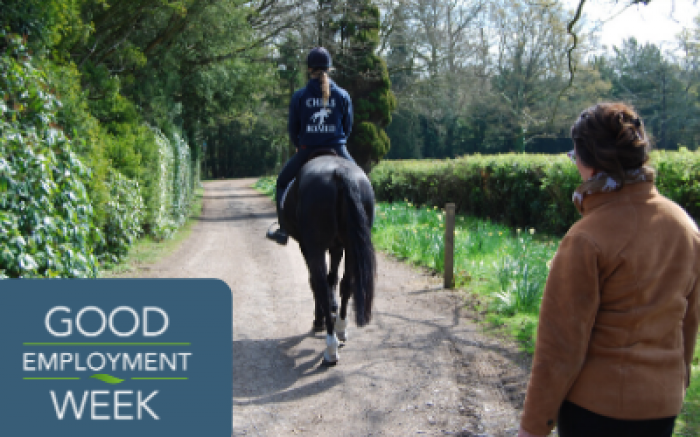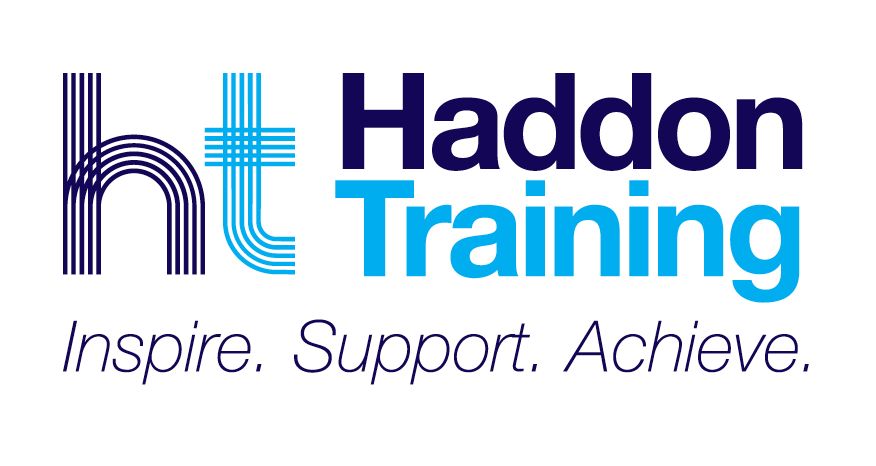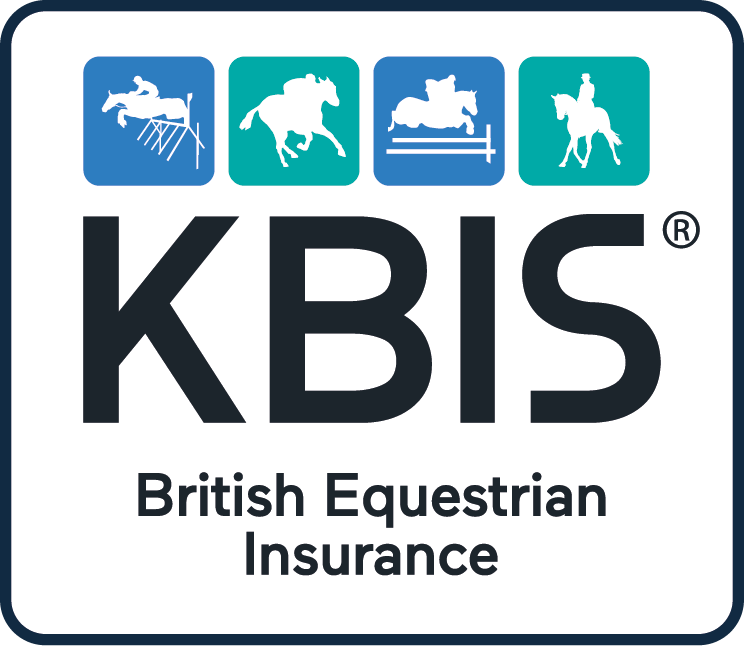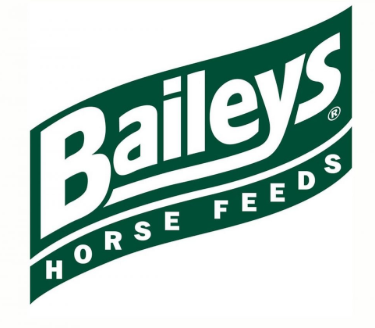HMRC Are they looking at you?
19th November 2019

With an increase in the number of equestrian businesses that the HMRC are investigating and adding to the ‘Name and Shame List’, the equestrian industry is under the watchful eye of Her Majesty’s Revenue and Customs (HMRC).
For years the equestrian industry had alluded to its own set of employment rules. With benefits such as accommodation, training and livery included in the ‘employment package’, adding to the complexity of the calculations.
This led to many employers illegally employing staff, leaving themselves exposed with their business at risk.
The EEA looks at some common mistakes made...
 |
Employment Status
Incorrect employment status is one of the biggest mistakes employers make, telling staff that they are self-employed, when actually they should be employed.
Someone who is self-employed will pay their own tax and NI, but they also set their own working hours, own holiday, their rate of pay, issue regular invoices and work for more than one person.
Telling someone they are self-employed is unlawful and can result in major losses in an employment tribunal.
It can also mean that an individuals tax and National insurance isn’t calculated correctly (and sometimes not at all), which is flagged up to the HMRC. If you are confused about the employment status of someone on your team have a look here.
|
 |
Employment Contracts
If you are an employer you will have a ‘contract of employment’ between you and your employee.
It is a legal requirement to issue an employee with a written contract within two months of the start of employment. This is also known as a written statement of employment terms. Failure to do so can result in a fine at an employment tribunal.
A written employment contract outlines employment conditions, rights, responsibilities and duties but it also protects the employer.
In addition to an employment contract you may also need to issue an accommodation, a training and a livery agreement.
Have a look at our Contract Creator to create bespoke written contracts in five easy steps.
|
 |
Wages
The National Minimum Wage (NMW) is a minimum amount per hour which most workers in the UK are entitled to be paid. It applies to all workers of 16 years and above. The rate is reviewed annually in April. All employers have to pay the NMW to workers who are eligible for it – there are no exceptions for different types or size of employer. From April 2019 the rate is:
£8.21 the main rate for workers aged 25 and over
£7.70 the 21-24 rate
£6.15 the 18 -20 rate
£4.35 the Under 18 rate
£3.90 the apprentice rate, for apprentices under 19, or 19 or over and in the first year of their apprenticeship.
The hourly rate must be at least NMW (or above) and will be set out in the written employment contract. Employers must provide NMW for every hour worked. Failure to do so is illegal.
Any extra hours worked must either be paid for, or given as time off in lieu.
Employers must issue itemised pay statements (payslips) setting out the gross amount of the wages, the amount of any fixed or variable deductions and the reasons for them i.e. tax, NI contributions, and so forth, and the net amount of wages.
Keep a written record of any extra hours accrued and when they were taken back or paid for.
Have a look at our EEA Guide to the National Minimum Wage.
Or find out about our Payroll and Pension partner to make your life easier – they will simply do everything for you.
|
 |
Deductions
If you have a member of staff who is bringing their horse with them and you are offering livery, then get it down in writing and have a livery agreement. It is recommended that you pay your employee as per at least the NMW, via PAYE. Then every month you should invoice them for their livery, and they should pay you separately.
If you are providing accommodation, then the maximum amount that can count towards NMW pay as an accommodation offset is £7.55 a day or £52.85 a week. This rate changes annually on 1st April.(2019/2020 rates). This includes all utility bills.
|
In the eyes of the law, illegal employment, whether intended or not, is not acceptable.
Right now, there is certainly an increased number of businesses who are being prosecuted. With first hand reports of large HMRC fines, and employers ordered to pay back employees and past employees for any money owed.
This obviously has a devastating effect on your business, as well as a negative impact on sponsors, owners and clients.
The Equestrian Employers Association is here to help you run a successful and legally compliant business. We understand that it can be confusing which is why we have everything you need in an easy to follow process. Help to protect your business.
JOIN NOW - ONLY £37.50




























-Small.jpg)



